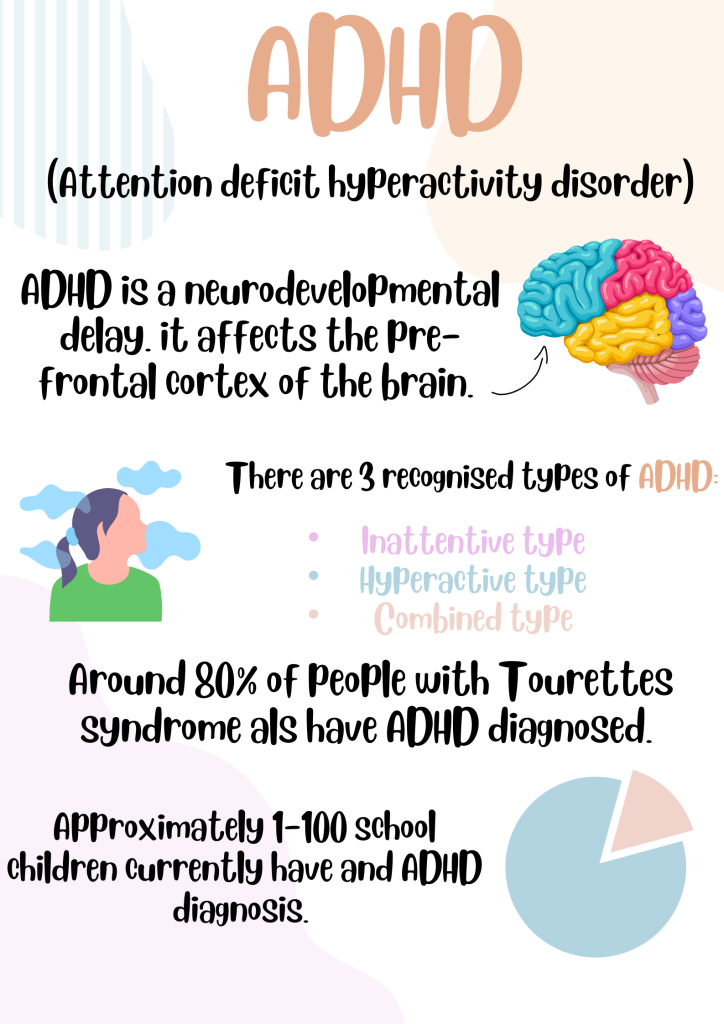
Attention-Deficit/Hyperactivity Disorder (ADHD) medications have revolutionized the management of symptoms, offering significant improvements in attention, focus, and impulse control for many individuals. However, like any medication, they also come with potential side effects and risks that warrant careful consideration. This article aims to provide a comprehensive exploration of ADHD medication side effects, covering their prevalence, types, management strategies, and implications for treatment.
Understanding ADHD Medication Side Effects
Prevalence and Variability
ADHD medication side effects can vary widely among individuals. While some may experience no adverse effects or only mild ones, others may encounter more significant challenges. The prevalence and severity of side effects can be influenced by factors such as:
-
Dosage:
- Higher doses of medication may increase the likelihood and severity of side effects.
-
Individual Sensitivity:
- Some individuals may be more sensitive to the effects of certain medications than others.
-
Underlying Health Conditions:
- Pre-existing medical conditions, such as cardiovascular issues or psychiatric disorders, can interact with ADHD medications and influence side effect profiles.
Types of Side Effects
-
Common Side Effects:
a. Insomnia: -
Stimulant medications, in particular, can disrupt sleep patterns, leading to difficulty falling asleep or staying asleep.
b. Appetite Suppression and Weight Loss: -
Stimulant medications can decrease appetite, resulting in weight loss, which may be concerning, especially in children and adolescents.
c. Irritability and Mood Swings: -
Some individuals may experience increased irritability, mood swings, or emotional sensitivity while taking ADHD medications.
d. Gastrointestinal Disturbances: - Nausea, stomach upset, or constipation may occur as potential side effects of certain ADHD medications.
-
Less Common Side Effects:
-
a. Cardiovascular Effects:
-
Stimulant medications can elevate heart rate and blood pressure, which may pose risks for individuals with pre-existing cardiovascular conditions.
b. Psychiatric Symptoms: -
In rare cases, ADHD medications may exacerbate psychiatric symptoms such as anxiety, depression, or psychosis.
c. Tics or Movement Disorders: - Stimulant medications, particularly in higher doses, may increase the risk of developing tics or exacerbate existing tic disorders.
Risk of Abuse and Dependence
Stimulant medications, such as amphetamines, have a potential for misuse, abuse, and dependence. Individuals with a history of substance abuse or addiction may be at higher risk. Healthcare providers must carefully monitor patients for signs of misuse or diversion and assess their risk factors before prescribing stimulant medications.
Managing and Mitigating Side Effects
Individualized Treatment Plans
-
Dosage Adjustment:
- Modifying the dosage of ADHD medication can often help mitigate side effects while maintaining therapeutic benefits. Healthcare providers may recommend starting with a low dose and gradually titrating upward to achieve optimal symptom control with minimal side effects.
-
Switching Medications:
- If side effects persist or become intolerable, switching to a different ADHD medication or formulation may be warranted. Alternative medications, such as non-stimulants, may offer a better side effect profile for some individuals.
-
Combination Therapies:
- In some cases, combining different classes of ADHD medications or adding adjunctive treatments, such as alpha-2 agonists or antidepressants, can enhance efficacy while minimizing side effects.
Lifestyle Modifications
-
Sleep Hygiene Practices:
- Establishing a consistent sleep schedule, limiting caffeine intake, and creating a relaxing bedtime routine can help mitigate insomnia associated with ADHD medications.
-
Nutritional Support:
- Encouraging healthy eating habits, regular meals, and nutrient-rich snacks can counteract appetite suppression and support healthy weight maintenance.
-
Stress Reduction Techniques:
- Stress management strategies such as mindfulness meditation, deep breathing exercises, or yoga can help alleviate irritability and mood swings associated with ADHD medications.
Monitoring and Communication
-
Regular Follow-Up:
- Healthcare providers should schedule regular follow-up appointments to monitor medication efficacy, assess side effects, and make any necessary adjustments to treatment plans.
-
Open Communication:
- Encouraging open communication between patients, caregivers, and healthcare providers is essential for addressing concerns, discussing treatment goals, and collaboratively managing side effects.
-
Education and Empowerment:
- Providing comprehensive education about ADHD medications, including potential side effects and management strategies, empowers patients and caregivers to make informed decisions and actively participate in their treatment journey.
Implications for Treatment and Patient Care
Shared Decision-Making
Informed consent and shared decision-making are integral components of ADHD medication management. Healthcare providers should engage patients and caregivers in discussions about treatment options, potential side effects, and individual preferences to develop personalized treatment plans that align with the patient’s goals and values.
Multidisciplinary Approach
Effective management of ADHD medication side effects often requires a multidisciplinary approach involving collaboration among healthcare providers, including physicians, psychologists, therapists, and other specialists. Each member of the treatment team brings unique expertise to address the complex needs of individuals with ADHD comprehensively.
Holistic Wellness Focus
While addressing ADHD symptoms is a primary goal of treatment, promoting holistic wellness and quality of life is equally important. Healthcare providers should consider the broader context of each patient’s life, including social, emotional, and environmental factors, when developing treatment plans and managing side effects.
Conclusion
ADHD medications are valuable tools for managing symptoms and improving functioning in individuals with ADHD. However, they are not without risks, and side effects can pose significant challenges for some patients. By understanding the prevalence, types, and management strategies for ADHD medication side effects, healthcare providers can optimize treatment outcomes, minimize risks, and enhance the overall well-being of individuals with ADHD. Effective communication, individualized treatment planning, and a holistic approach to care are essential components of comprehensive ADHD management.